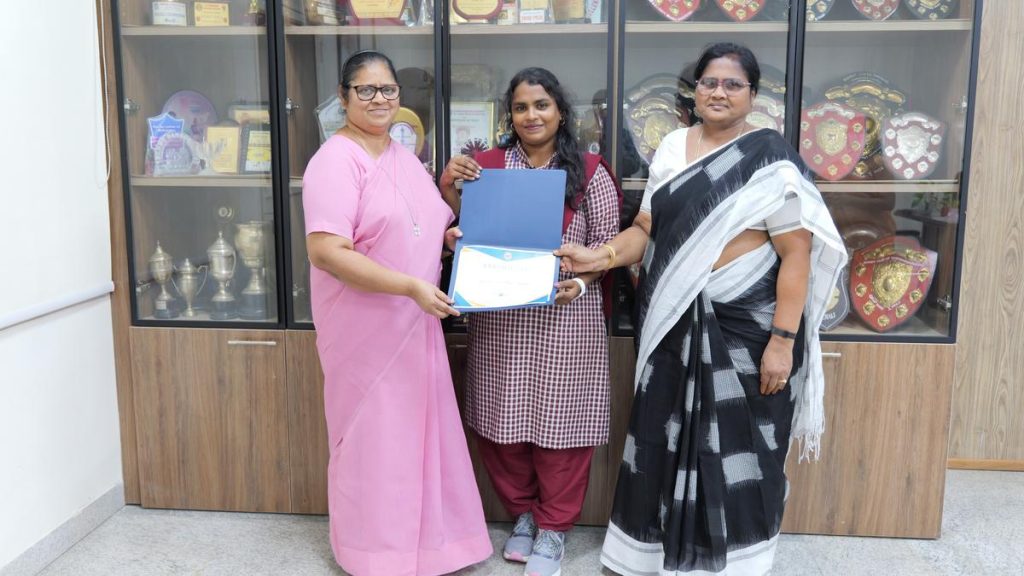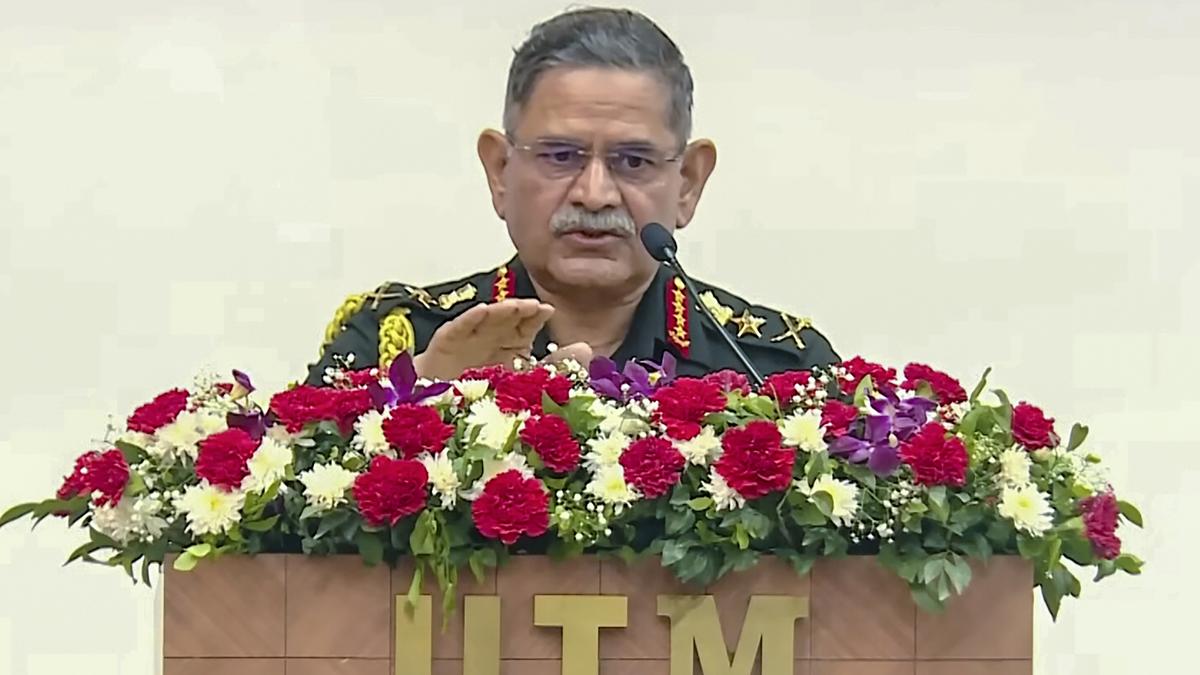Now Reading: Suchitwa Keralam: Statewide Rankings for Local Bodies Announced
-
01
Suchitwa Keralam: Statewide Rankings for Local Bodies Announced
Suchitwa Keralam: Statewide Rankings for Local Bodies Announced

quick Summary
- Kerala government initiative: The state will introduce ‘suchitwa Keralam’ rankings to evaluate local self-government bodies based on waste management and cleanliness standards.
- Evaluation criteria: Rankings will be based on nine major waste management factors and 22 indices, including:
– Door-step collection of non-biodegradable waste.
– Collection of user fees and various types of waste.
– Presence of material collection/resource recovery facilities.
– Liquid sanitary waste treatment systems.
– Awareness campaigns, public cleanliness, enforcement activities, and green projects.
- Implementation plan:
– Phase I (August): Local bodies upload data to an online platform.
– Phase II (September): Data verification followed by field visit evaluations by special teams.
– Phase III: District-level inspections.
- Separate rankings for gram panchayats, municipalities, and corporations will culminate in a State-level committee’s final results.
Indian Opinion Analysis
The launch of the ‘Suchitwa Keralam’ rankings reflects Kerala’s proactive approach to addressing urban governance issues like solid waste management in a structured manner. Introducing multi-phase assessments ensures both transparency and accountability among local government bodies. By incorporating diverse indicators such as door-to-door collections, awareness efforts, enforcement measures, and green initiatives into the assessment criteria, the program creates holistic incentives that can drive improvements at both grassroots and system-wide levels.
If effectively implemented across all phases without logistical or operational delays, this model could set a precedent for other Indian states dealing with similar challenges around urban sanitation infrastructure. Moreover, prioritizing public participation through awareness campaigns potentially boosts community engagement in enduring practices over time.
For further details on this story click here.























